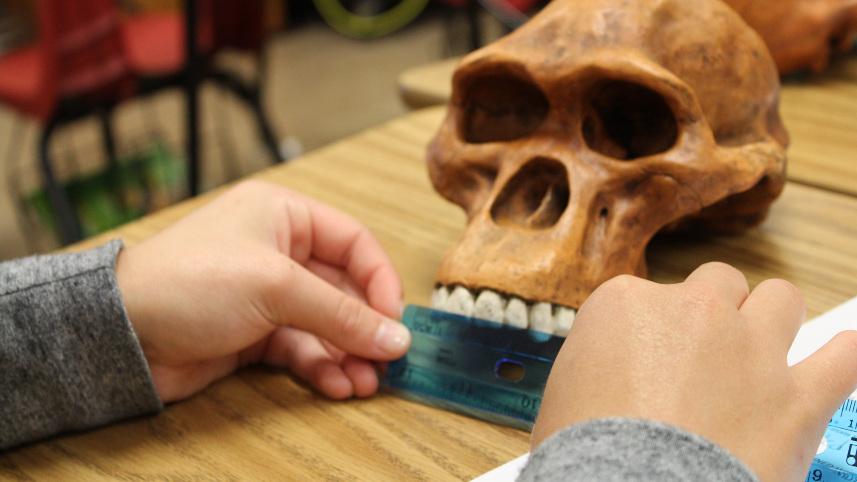A whopping 90 percent of Americans think that schools should teach about the scientific evidence for the evolution of human beings, but almost half (44 percent) think that biblical perspectives on creation should also be taught, while 10 percent think that only biblical perspectives should be taught, according to a new Mood of the Nation Poll from Penn State's McCourtney Institute for Democracy.
Education Week (February 7, 2022) commented, "Experts say that giving equal time to both creationism and evolution sends mixed messages to students and could confuse them," citing a 2020 study by Penn State's Eric Plutzer (who also oversaw the new poll) and NCSE's Glenn Branch and Ann Reid. That study found that in 2019, about a fifth of public high school biology teachers presented creationism as a scientifically valid alternative to evolution.
In the Mood of the Nation poll, demographic factors associated with favoring schools teaching scientific evolution and not biblical creation included identifying as a Democrat or leaning Democratic (66 percent); having annual family income greater than $100,000 (61 percent); having a bachelor's degree or higher (59 percent); not being a born-again Christian (58 percent); and not being white, black, or Hispanic/Latino (56 percent).
Respondents were also asked what groups should influence how evolution is taught in the classroom. The plurality (38 percent) of respondents indicated that parents of students should have a great deal of influence. Parents were followed by science teachers (36 percent), state departments of education (25 percent), local school boards (22 percent), local citizens (16 percent), and state legislatures and governors (11 percent).
The Mood of the Nation poll, which asked about race and sex as well as evolution, was conducted online by Penn State's McCourtney Institute for Democracy and YouGov, which conducted the fieldwork, from November 30 to December 7, 2021, among 1200 American citizens aged 18 or older, selected from a YouGov panel and weighted to ensure that the results would be nationally representative. The margin of sampling error was +/- 3.7 percentage points.


